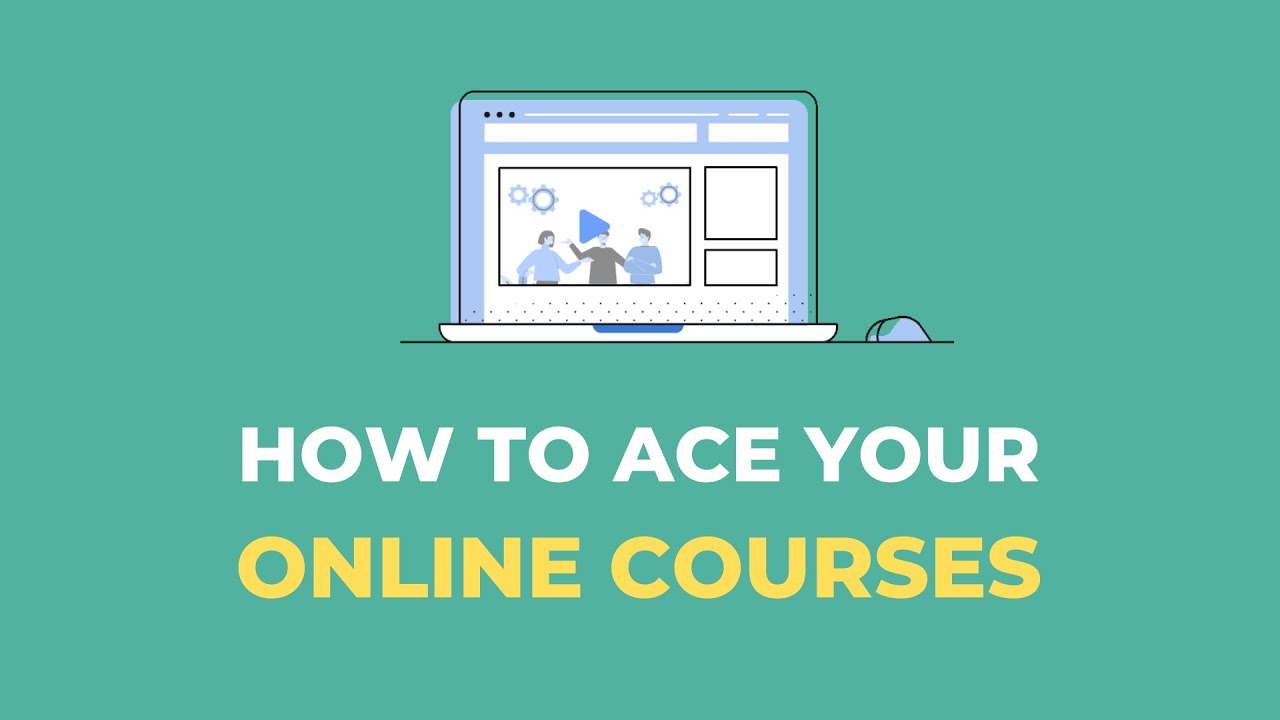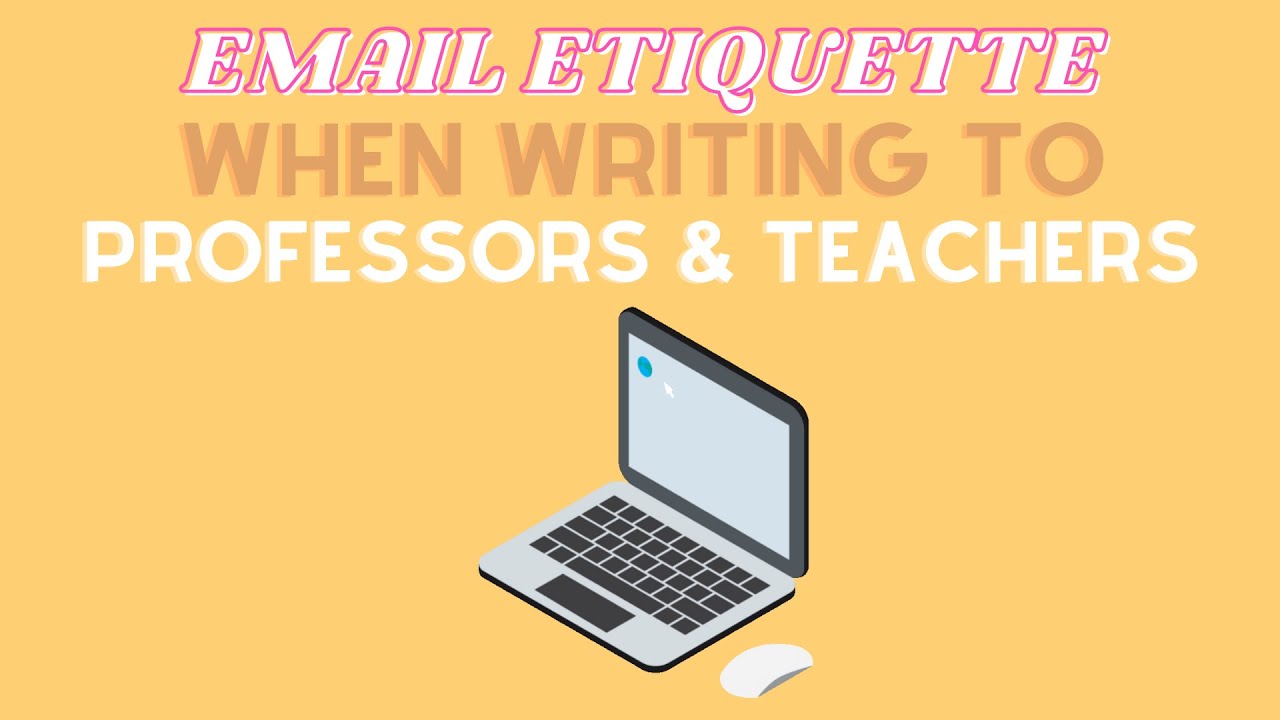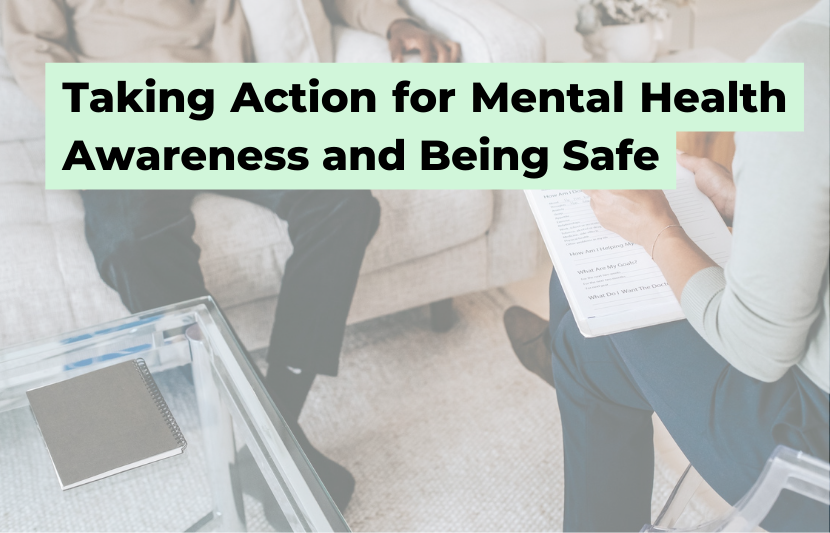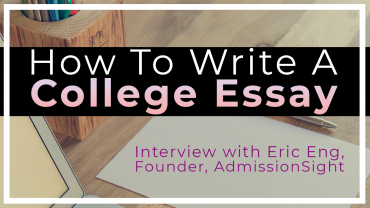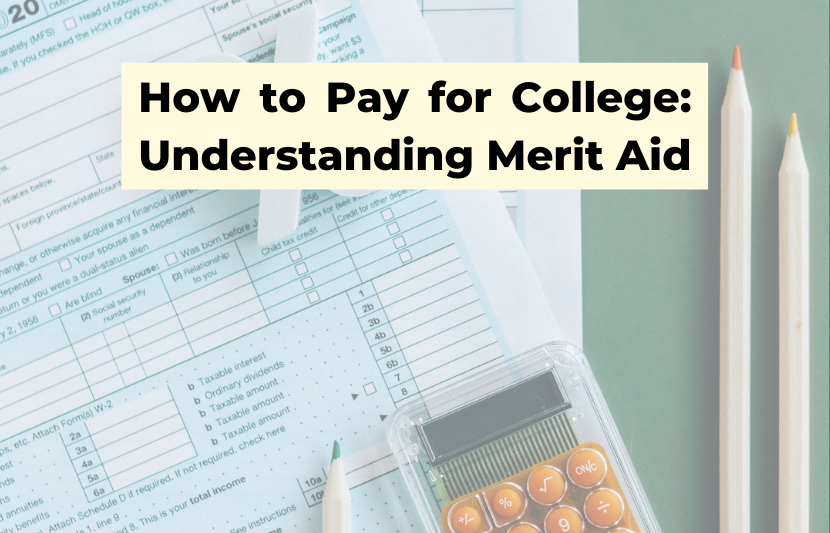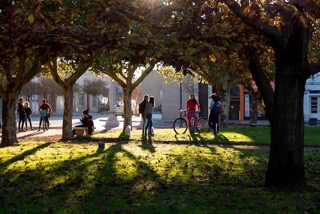In this episode of TUN TV, Dr. Crystal Rose interviews April Paris-Joseph, founder of Paris Educational Solutions, about the four steps to building your path to college, along with myths to avoid.
Dr. Rose: Today, we’re exploring building your college future. And for today’s conversation, we’ve invited a very special guest, April Paris-Joseph, from our featured college-advising series.
April is a founder of Paris Educational Solutions, earned her BA at Middlebury College and her MA from Stanford University. After a brief career teaching middle and high school Spanish, she took a 25-year hiatus from the working world to focus on raising her family and has two children currently pursuing higher education – one is in medical school and the other will be starting college in the fall.
April’s passion for education has never faded, and she leverages this to help her students today with keen logical preparation and deepening of their passions.
April, welcome to TUN TV.
Paris-Joseph: Thanks so much for having me, Crystal.
Dr. Rose: Absolutely. So, we’re talking about education. Nelson Mandela said, “A good head and a good heart are always formidable combinations, but when you add that to a literate tongue and pen, then you have something special.” What do you see the purpose of pursuing a college education is?
Paris-Joseph: They love to say – at some of the big name schools – that it’s really about the learning and the broadening of the mind and not the vocation. Other people think it’s really about the vocation. I honestly think it’s a fusing of the two. It’s both learning how to be a learner for the rest of your life and figuring out who you want to be and what you want to do with these skills that you’re developing during this time. So it’s academics, the social – the whole picture of the human being.
Dr. Rose: I can’t help but hear what you just shared and then talk about perhaps some of the myths, some common misconceptions. What are some of these about pursuing a college education?
Paris-Joseph: I think the biggest myth, the biggest misconception, that we’re all grappling with right now is the rankings and how families like to go and depend on these ratings that are coming out from different magazines and news sources. There’s just – and without spending too much time on it – there’s a misunderstanding because the rankings are based on input – who’s applying and who’s coming – and they don’t really focus on the output. What are the students getting from the school and what’s happening to them when they leave? How well-prepared are they? Are they ready for those next steps?
Dr. Rose: Those are great misconceptions that you point out now, and I’ve seen some really other funny ones recently on the Nevada admissions blog. They had the top three myths. One of them is that you have to go to parties to make friends or you don’t really have to go to class. And the top one was professors are only going to drown you in homework.
Paris-Joseph: Yeah, none of those are true.
Dr. Rose: We’re just putting that out there. Okay, let’s go to the next one. I would love for you to share with us the approach you take when you’re helping students begin to think about their path to college.
Paris-Joseph: I view the path to college in four steps.
The first step is “building your profile.” So, building the profile is really about what are you going to do that freshman, sophomore and junior year? What classes are you going to take? What activities are you going to be involved in? Where are you going to volunteer? The goal is that we do two things with that one. We prepare you academically to have a good solid college prep foundation.
Then two, that “you explore your true interests and passions.” So, the student who’s really into pottery and graphic design probably shouldn’t spend all day working on the robotics team.
Now the robotics team is awesome for the student that’s passionate about robotics and programming and design and engineering.
So, it’s really about just letting the students try different things and discovering who they are and what’s of interest to them. So that’s the profile. After we build the profile, we start looking at a college list. So, the college list is complicated. There are different pieces of the fit. What kind of student are you? Are you a 500-seat lecture hall student, or are you a small-discussion group student? Do you want a big school, small school, rural location, city – all sorts of different things? Do you want Greek life? What’s going to make this person happy as a whole being? So, we look for schools that fit that.
Then you “build an application.” What do you need to put into here? It’s your essays, making sure the activity list really represents you, getting your transcript put in, who are the right recommenders.
Then finally, it’s a “transition.” How do we get you from being a high school senior to being a successful college student? It’s not just like flipping a switch. It’s really different when the students leave home and live on their own.
Dr. Rose: Wow, you really outlined a step-by-step process. Finally, what do you see as the goal of the college admission process?
Paris-Joseph: I say this to my family and my students all the time. The goal isn’t to get into a particular school. I really like to push back on this idea of first choice, second choice.
Every school the student applies to, everyone involved should be happy with them – parents should be happy, the student should be happy – which means you’re as happy with one acceptance as you are with the other. Because all of these are places where you really want to go, where you could really thrive and do well.
I think the goal is to really define those schools in the first place and then let the student decide at the end which one they are going to pick. But at that point, parents should be laid back and happy because you agreed to the full list months ago. And it should all work financially in terms of the family’s values and in terms of the student’s needs, if it’s done well.
Dr. Rose: Well, thank you so much for joining us today for this important topic, April.
Paris-Joseph: Thank you for having me.
Dr. Rose: Thank you very much for joining us today on this episode of The University Network TV. I’m your host, Dr. Crystal Rose. Until next time.
This interview has been edited for clarity.
For more exclusive interviews with experts who share their insight to help students succeed, check TUN TV!

